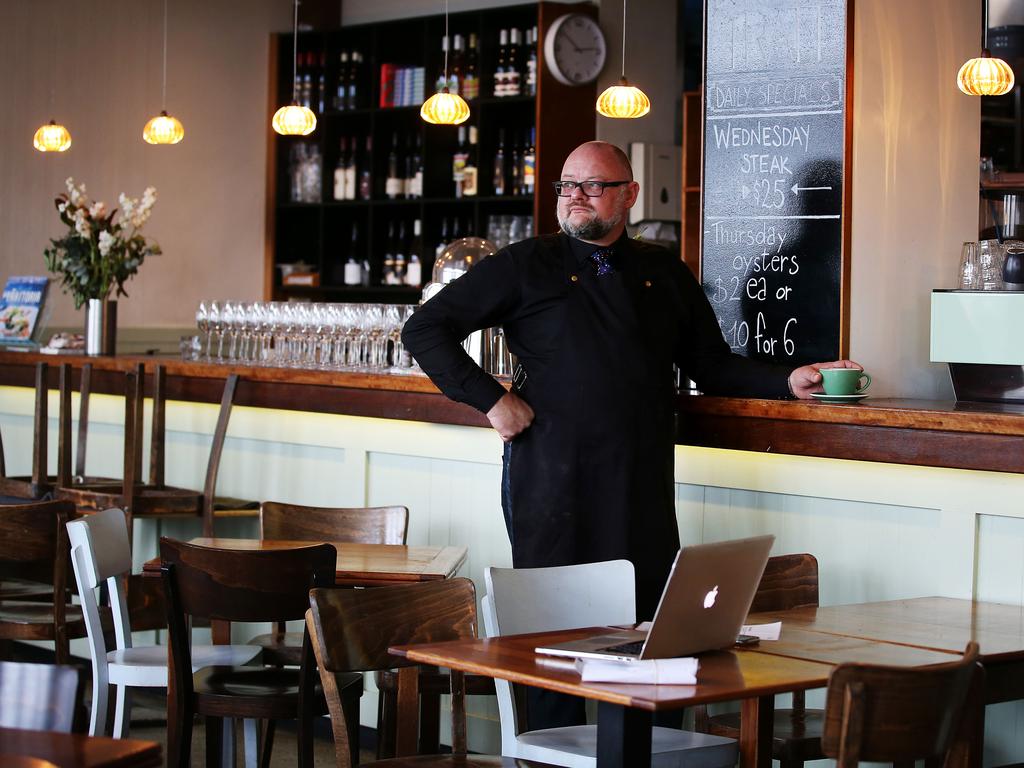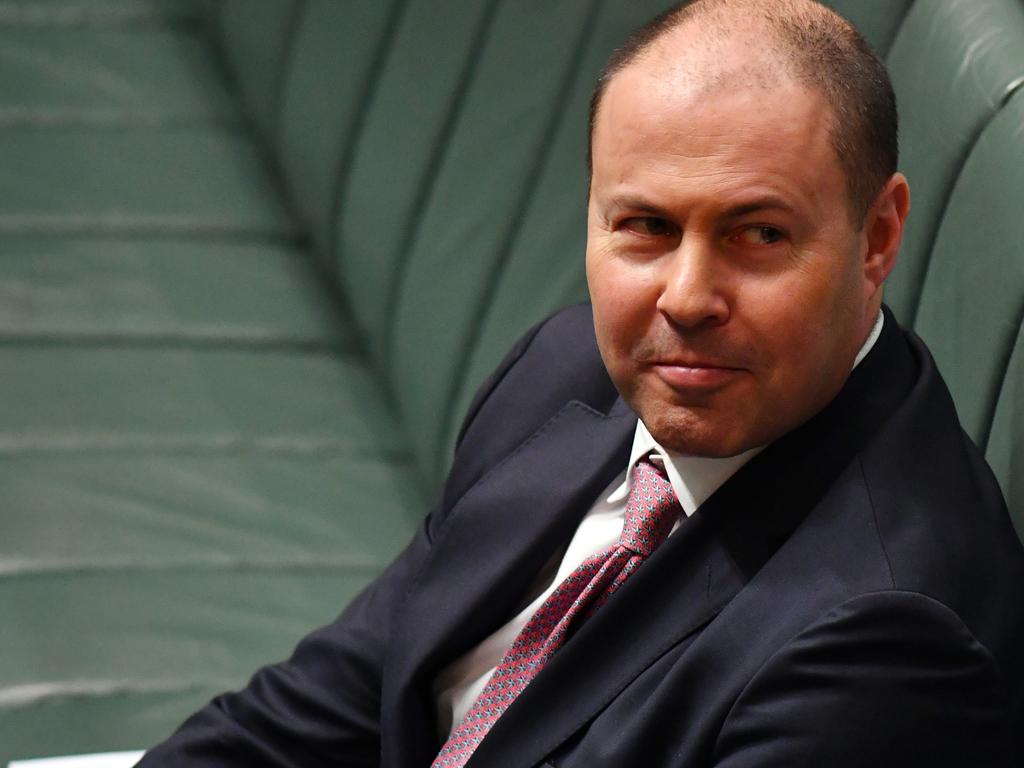
Virgin administrator Vaughan Strawbridge has four potential bidders — BGH with AustralianSuper, Bain, Cyrus Capital led by high-yield debt specialist Stephen Freidheim, and the US budget carrier investor Indigo Partners.
Different arms of insolvency firm KordaMentha from different cities are advising Bain and Indigo, which goes to show the Chinese walls at work in the corporate undertaker world.
At this stage of the game there is one person to impress — Strawbridge — which is why Bain’s Sunday press release took the other bidders by surprise.
If the aim is to lift the profile of Bain’s Mike Murphy, then more press will surely follow, but why?
Strawbridge has sounding boards such as Virgin management and the so-called committee of inspection of creditors, including lease companies, the relevant unions and others, who are there at this stage to keep the bidders honest and provide feedback to the administrator on what is needed.
The due diligence process obviously provides some feedback on the bidding process and this seems to have helped inspire Bain’s desire to show its credentials in terms of being well capitalised, highly supportive of staff and corporate culture.
BGH with AustralianSuper on board has an Australian tag, Cyrus is close to Richard Branson, and Indigo is an airline specialist including former Tiger owner Bill Franke.
All of which was perceived at Bain as meaning some public education of its own offer was due.
As Friday’s round-two bids loom it must be stressed all of the above are just looking and, if Ansett is any guide, could just as easily fold their cards come Friday and see who is running in race five at Randwick.
None of the four have got to the key details like negotiating down the high-value contracts from catering to A330s, and then there is the $6.8bn in debt and little cash or immediate growth options.
The game has a way to run.
Notes on issues
Last Friday’s Treasury JobKeeper snafu saw the AOFM wind back planned Treasury Note issuance from $5bn a week to $3bn a week for the remainder of the program up to the end of September.
In a statement, AOFM simply said issues would be in a range of $3bn-$5bn, having previously stepped up issuance to the upper end of that range.
If as expected the government plans to save the money, then there is no need to issue so much paper, but it all depends on government decisions going forward.
Some are hoping that if JobKeeper is costing $60bn less than planned, then the government can focus this year’s budget on the stimulus that was necessary pre-COVID-19 given the sluggish economy heading into the crisis.
Demand for government paper is still strong, with $2bn in Treasury notes issued on Monday attracting $9bn in bids.
Notes on issue now stand at $49bn, up from $47bn, with $651bn in government paper outstanding. Scott Morrison is due on Tuesday to outline his recovery programs, with Josh Frydenberg to make a statement on the budget position next month.
A Bunnings refit
Conglomerate theory says if the company is worth more than the sum of the parts, then the conglomerate is adding value.
The reverse also applies.
It’s a theory that works at a point in time and right now it says Wesfarmers is adding value because its prize asset, Bunnings, is worth about $27bn at a multiple of 15 times earnings before interest, tax, depreciation and amortisation. The market value is $44bn and, when you run down the rest of the businesses, trying to add up to $17bn is a stretch.
Without doing too much maths then, and ignoring management and board claims, their value is approaching $10bn, so you would have to accept that the company on this theory should keep Bunnings.
The company as it is is worth more than the sum of the parts. The success of the Coles spin-off, however, suggests that shareholders would be better off with Bunnings as a separate company, but reality says the chance of that happening is small.
Management and the board would not get quite the same kudos managing what is left.
There is also an issue with capital if you are talking a vanilla demerger, meaning that with the collection of assets left, Wesfarmers would struggle to raise money to grow the business.
Rob Scott has performed well in divestments, but acquisitions not so well.
All eyes on NAB offer
NAB chairman Phil Chronican has dudded his retail shareholders once already with his $3.5bn capital raising in April. The question now is whether he will do it again with a massive cutback in retail offers.
Bids for the retail offer went in on Friday, with the decision to be announced on Wednesday.
Ownership Matters figures show that so far $16.6bn has been raised in the COVID-19 capital-raising binge, producing $311m in fees for the investment banks.
The NAB April raising failed capital management 101 by paying $895m in dividends while putting out its other hand raising $3.5bn, of which $3bn came from friendly fund managers.
It would have made more sense to cut the offer size, but the bank said the dividends were paid to give retail holders something.
Macquarie and UBS shared $39m in underwriting fees based on the size of the issue.
Now Chronican will show how much he really cares about NAB’s 570,000 retail shareholders.
They have already been diluted by the roughly 212 million new shares issued to pay for the $3bn raised in the institutional offer at $14.15 a share.
The retail offer was limited to $500m, or another 35 million new shares.
Ramsay said on Monday that 52 per cent of its retail holders wanted to participate, but the market thinks the NAB offer will attract less, in part because Ramsay has been a glamour stock for some time and is a newer company compared to NAB.
This said, the latest broker reports show eight investment banks have a buy on NAB compared to six for ANZ and just two and three for Westpac and CBA respectively.
If 25 per cent of the NAB register put up their hands for the full stock issue, this would raise $4.2bn, or eight times the $500m planned.
At $15.67, the stock is trading at a premium to the issue price.
We can assume that more shareholders wanted shares than NAB allocated, and why wouldn’t you if you had the spare cash.
The bank is back on the broker buy list, is trading at a premium to the offer price and, under new boss Ros McEwan, it looks set to handle the tough conditions ahead.
It all depends on how many shares Chronican and his board will allocate.
For that answer we will have to wait until Wednesday, but shareholder advocate Stephen Mayne is ready to jump if the NAB board duds its shareholders yet again.








Bain Capital’s decision to break ranks and spruik its credentials ahead of Friday’s Virgin short-listing is subject to myriad theories, none of which is immediately positive except in supporting the target.